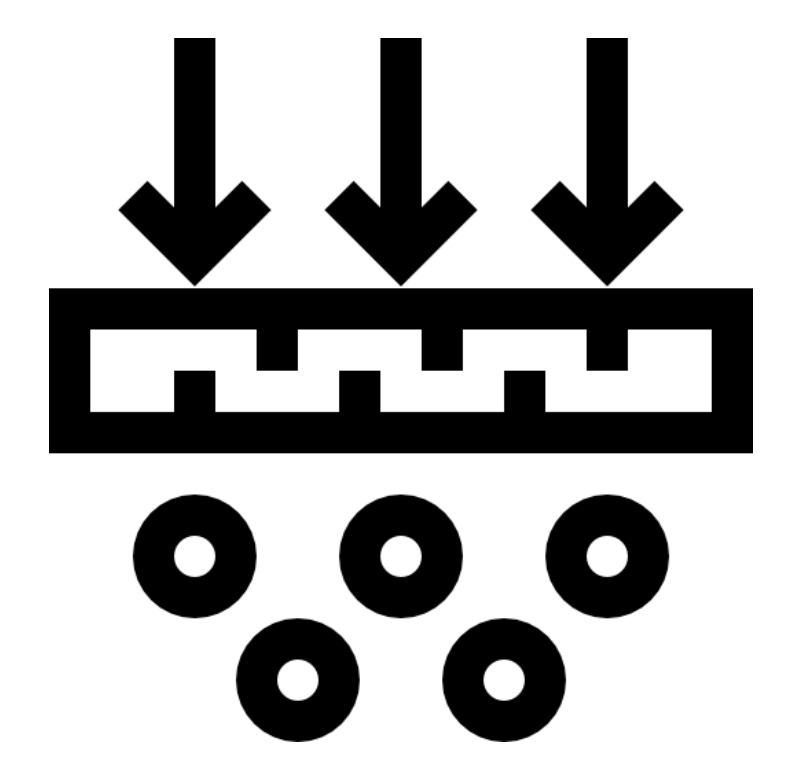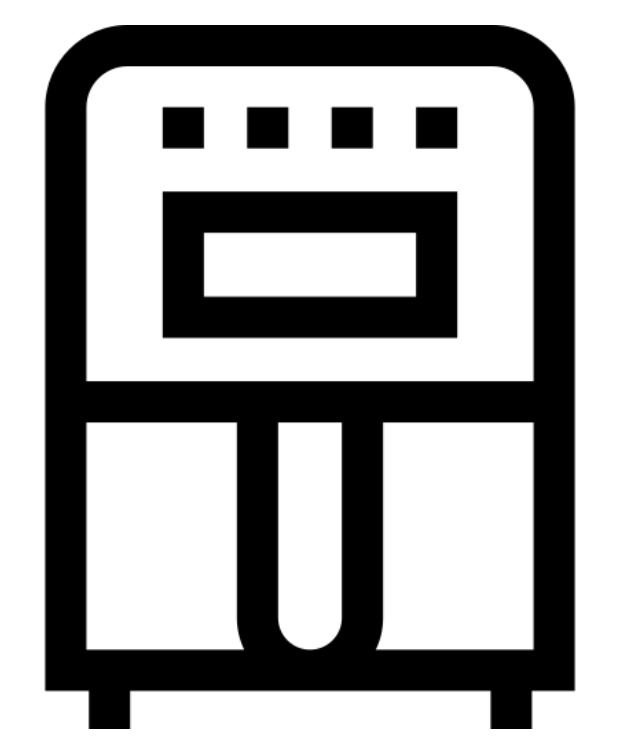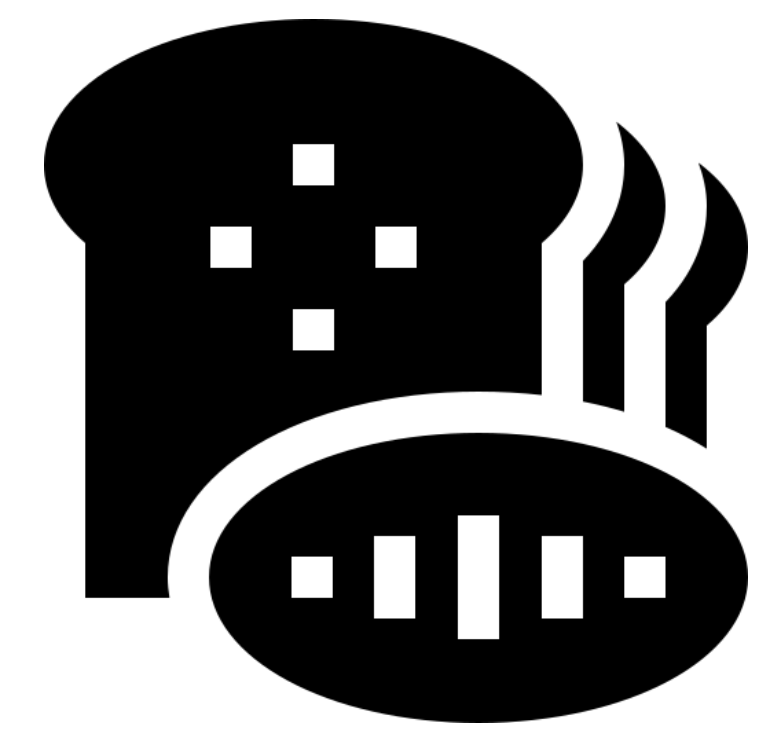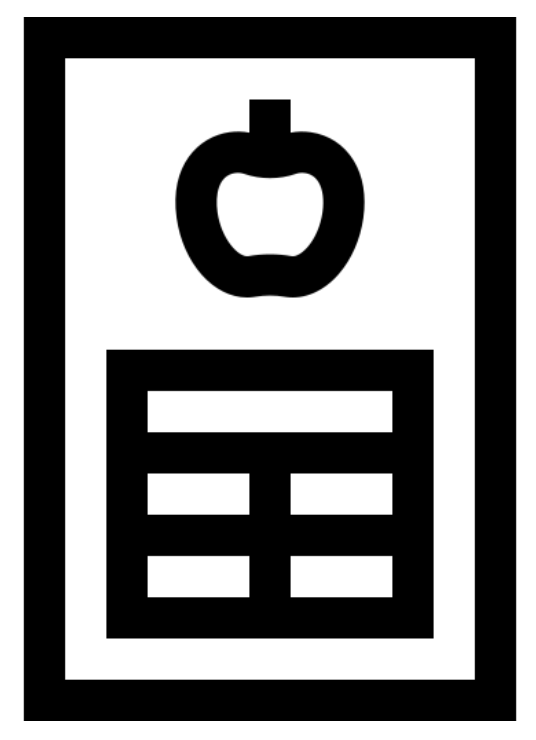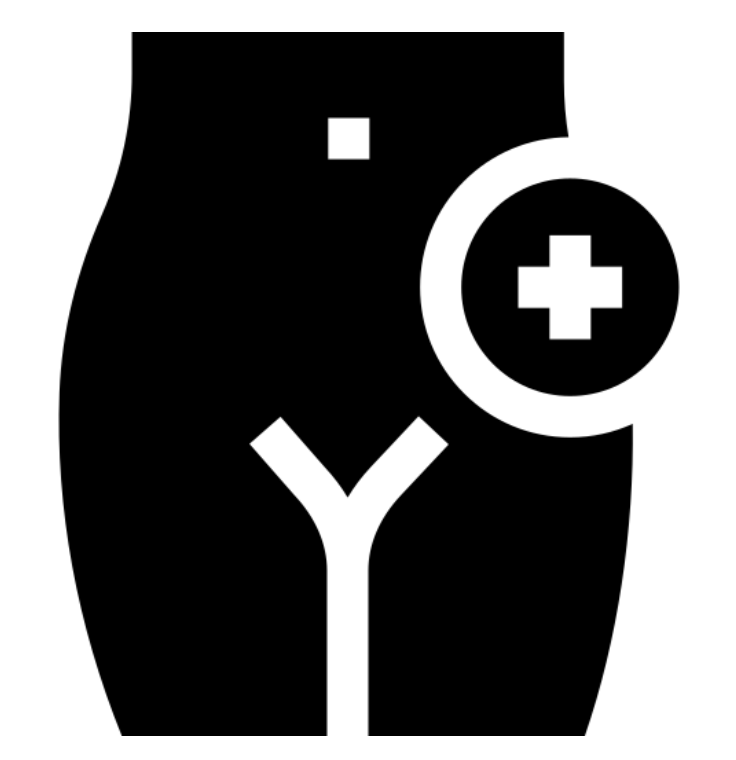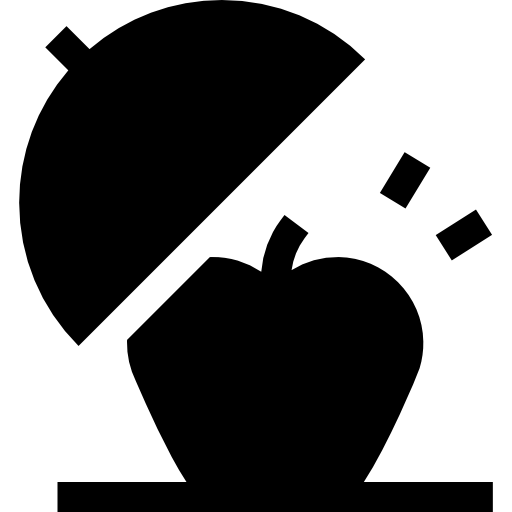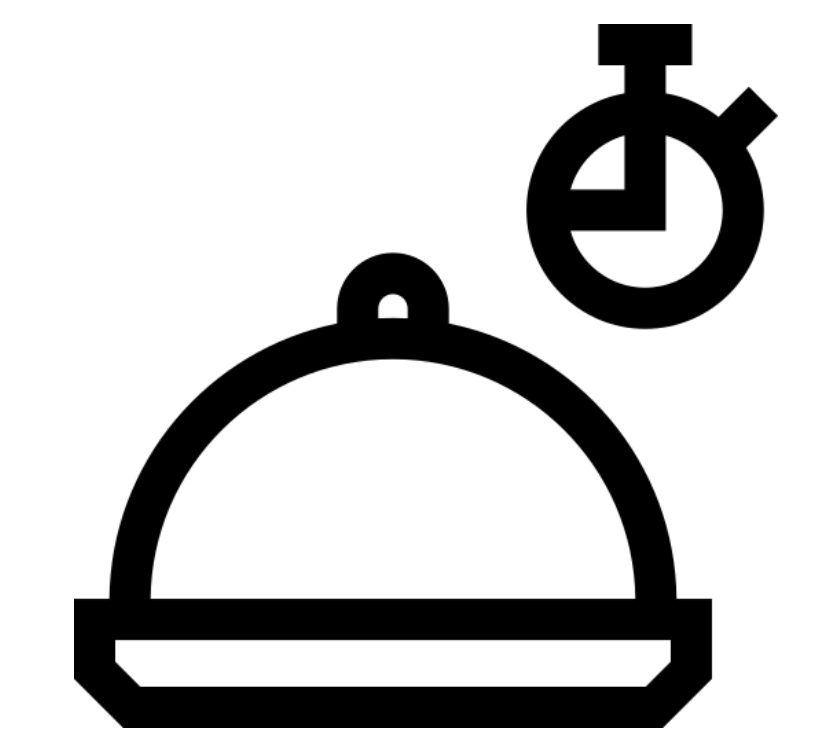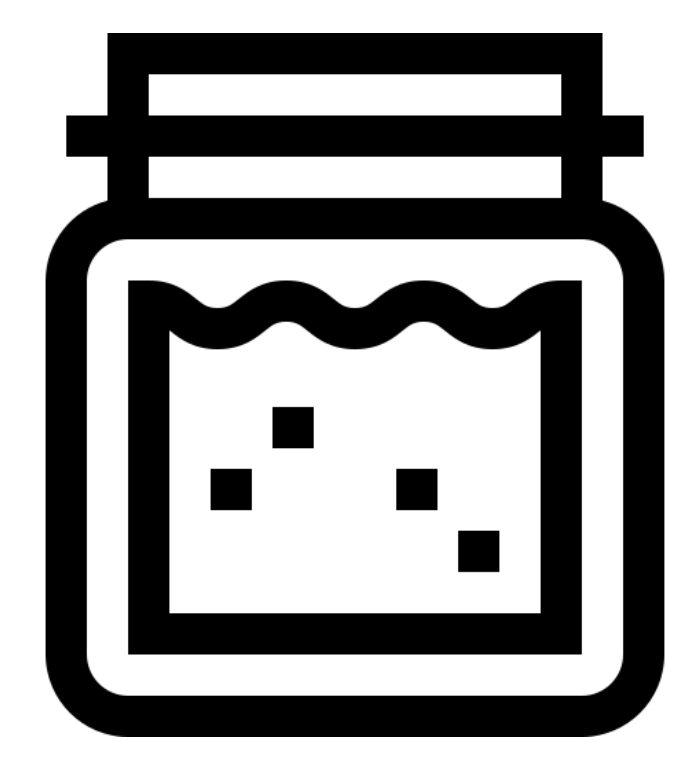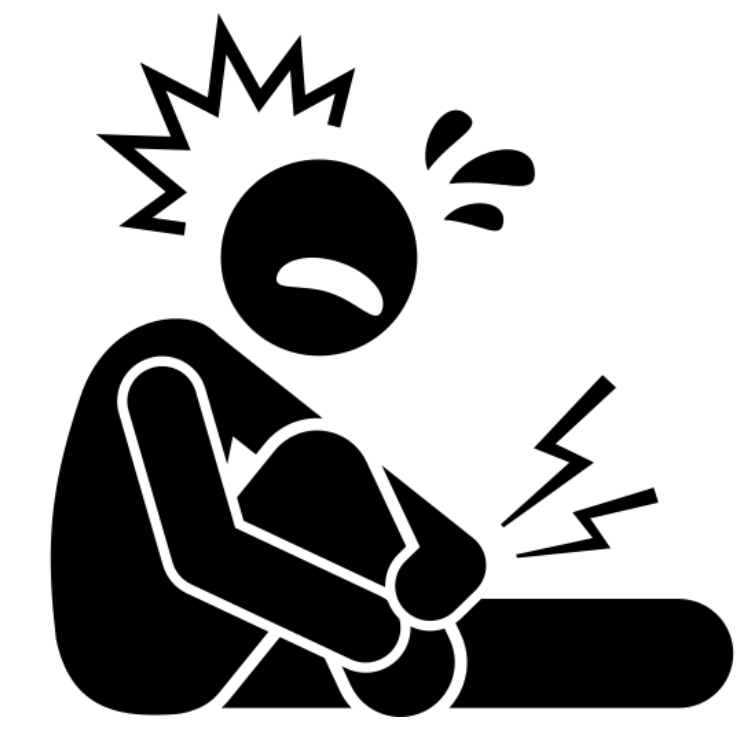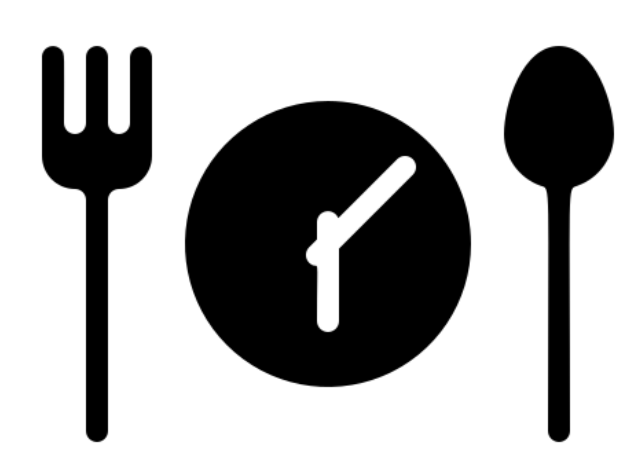
Common Nutrition Myths: And Why They’re Wrong
In a world flooded with advice, fad diets, and social media “experts,” it’s easy to fall for nutrition myths. The danger is that many of these misconceptions don’t just waste time and money—they can also contribute to toxin build-up in the gut, leaving you feeling sluggish, bloated, or unwell. That’s why pairing good information with practical solutions, like Flush GBI—formulated to clear out harmful waste from the digestive tract—is key to cutting through the noise and supporting real, lasting health.
Here are 10 of the most common myths—and the facts that debunk them.
Myth 1: Carbs are bad for you
Carbs aren’t the enemy. While refined sugars and processed carbs can overload the system, fibrous and starchy carbs are essential for energy, satiety, and balanced digestion. About half your calories should come from carbs. The key is quality and variety.
Myth 2: Seed oils are bad for your health
Seed oils get blamed for inflammation, but research shows omega-6 fatty acids (like linoleic acid) don’t actually raise inflammatory markers in humans. The real issue? Overconsumption of ultra-processed foods cooked in reused oils—a recipe for toxin overload in the gut. Supporting gut detox with Flush GBI can help counter the build-up from diets heavy in fried foods.
Myth 3: All Ultra-Processed Foods Should Be Avoided
Not all processing is bad—frozen veg, yoghurt, and fortified cereals are examples of processed foods that add nutritional value. The issue lies with ultra-processed “junk” foods that provide empty calories and contribute to toxic residue in the body.
Myth 4: Skipping meals will help you lose weight quicker
Skipping meals slows metabolism and often leads to overeating later. Small, balanced meals keep your metabolism active and your hunger in check—helping your body process nutrients more effectively and avoid digestive stagnation.
Myth 5: Low-fat or fat-free foods are better
Healthy fats (monounsaturated and polyunsaturated) are vital for brain and cell health. “Low-fat” snacks often just add sugar instead, increasing toxic load and stressing the liver and gut.
Myth 6: Eating before bed makes you gain weight
Weight gain is about total calorie balance, not the clock. Still, heavy late-night meals can disrupt digestion, leaving food to ferment overnight. A backed-up gut = more toxins, which Flush GBI can help eliminate.
Myth 7: You need protein immediately after a workout
The “30-minute anabolic window” is outdated. Muscle repair and nutrient absorption continue for up to 6 hours post-workout. Focus on overall nutrition, hydration, and gut health.
Myth 8: A vegan diet doesn’t provide enough protein
With tofu, legumes, quinoa, nuts, and vegan protein powders, it’s easier than ever to meet protein needs. Combining plant sources ensures you get all essential amino acids—without compromising digestion.
Myth 9: Detox diets reboot your body
Your liver and kidneys detox naturally. What your body often struggles with, however, is toxin build-up in the gut from modern diets. Instead of extreme “detox diets,” the smart solution is gentle, targeted cleansing with Flush GBI to support what your body is already trying to do.
Myth 10: All calories are created equal
A calorie from broccoli is not the same as one from chocolate cake. Nutrient density, digestion effort, and metabolic effect all differ. Focusing purely on “calories in vs calories out” ignores quality—and how foods interact with gut health and toxin removal.
Bottom line: Nutrition myths often distract from what matters most—supporting your body’s natural systems. By staying informed and helping your gut eliminate harmful build-up with Flush GBI, you’re taking real steps toward energy, balance, and long-term health.




